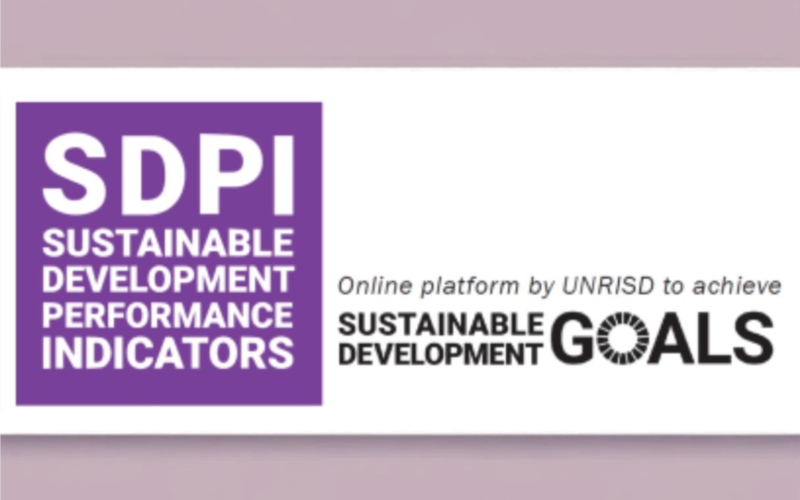In a major step forward for sustainability reporting, the European Financial Reporting Advisory Group (EFRAG) has identified the Sustainable Development Performance Indicators (SDPI) as a valuable framework for assessing environmental, social, and governance (ESG) factors. This recognition supports EFRAG’s broader efforts to boost corporate transparency and accountability in sustainability practices.
Early draft papers from EFRAG, which outline the foundation of a potential future position, refer the SDPI Online Platform as an important resource for determining ecological thresholds, particularly in the context of Pollution (ESRS E2) and Biodiversity and Ecosystems (ESRS E4). The inclusion of SDPI in EFRAG’s draft European Sustainability Reporting Standards (ESRS) for these areas highlights its effectiveness in helping companies set science-based targets and align their practices with sustainable benchmarks.
The draft ESRS for Pollution (E2) and Biodiversity and Ecosystems (E4) emphasise how SDPI can assist businesses in meeting sustainability goals, particularly in areas such as pollution control and biodiversity conservation. By incorporating SDPI metrics into their strategies, companies can better navigate the complexities of sustainability challenges and meet evolving regulatory requirements.
EFRAG’s recognition of SDPI, now reflected in the ESRS drafts, underscores its potential to offer a comprehensive framework for measuring an organisation’s ESG performance. This approach helps businesses align with ecological thresholds and societal expectations, while also contributing to the European Union’s broader goal of promoting a sustainable and inclusive economy.
SDPI’s strength lies in its ability to integrate a wide range of sustainability indicators, providing organisations with a holistic way to assess their ESG performance. This approach enables companies to track their progress against ecological benchmarks and support the EU’s sustainability goals.
EFRAG’s endorsement of SDPI is expected to drive wider adoption of these indicators, paving the way for a harmonised approach to sustainability reporting across Europe. As companies strive to meet the EU’s stringent sustainability directives and contribute to global efforts to combat climate change and protect ecosystems, SDPI offers a clear path to demonstrate their commitment to responsible business practices.
As EFRAG continues to refine its sustainability reporting standards, the role of SDPI in ESG measurement is likely to grow, setting a new benchmark for transparency and accountability in corporate sustainability efforts.






















